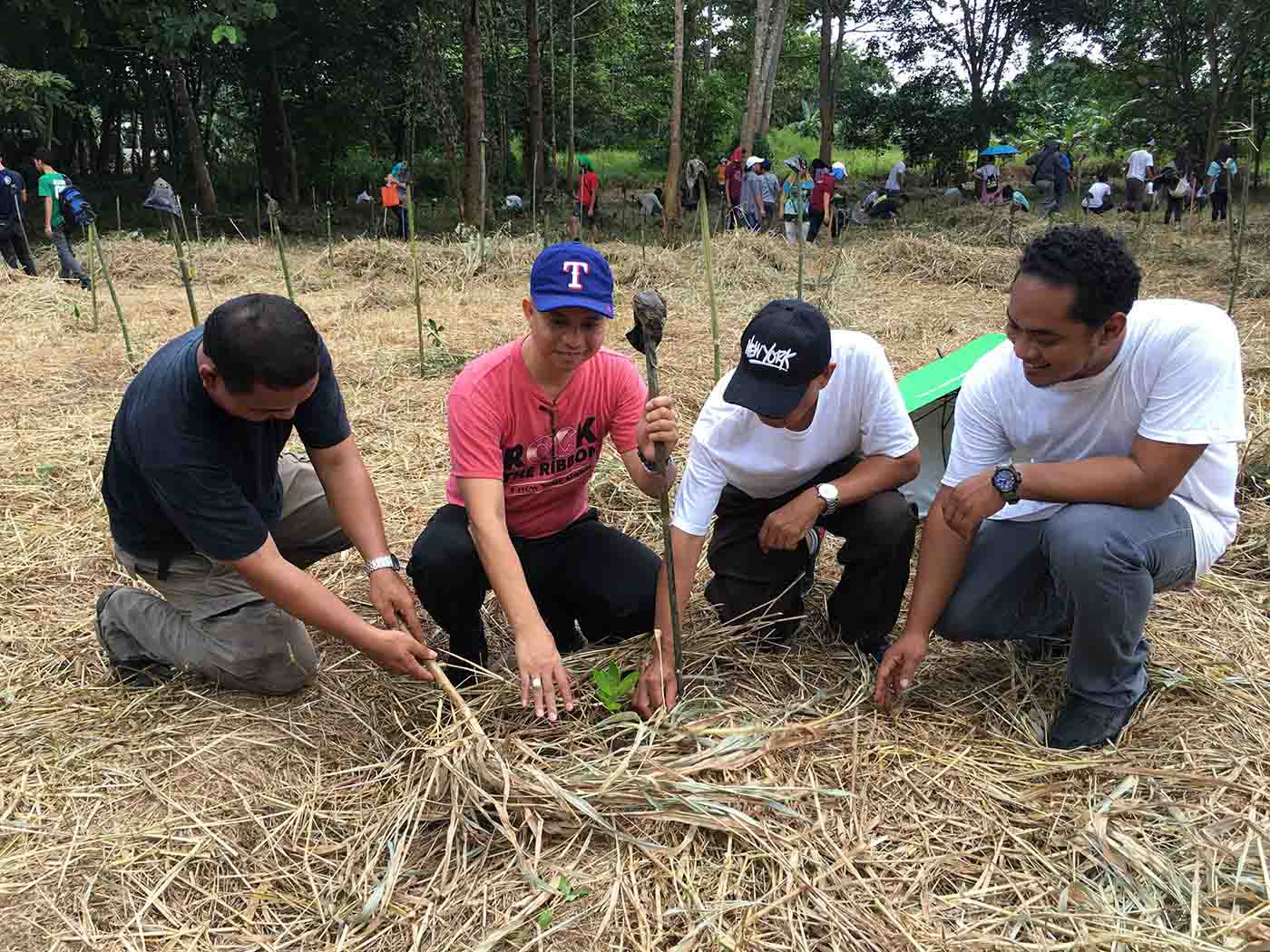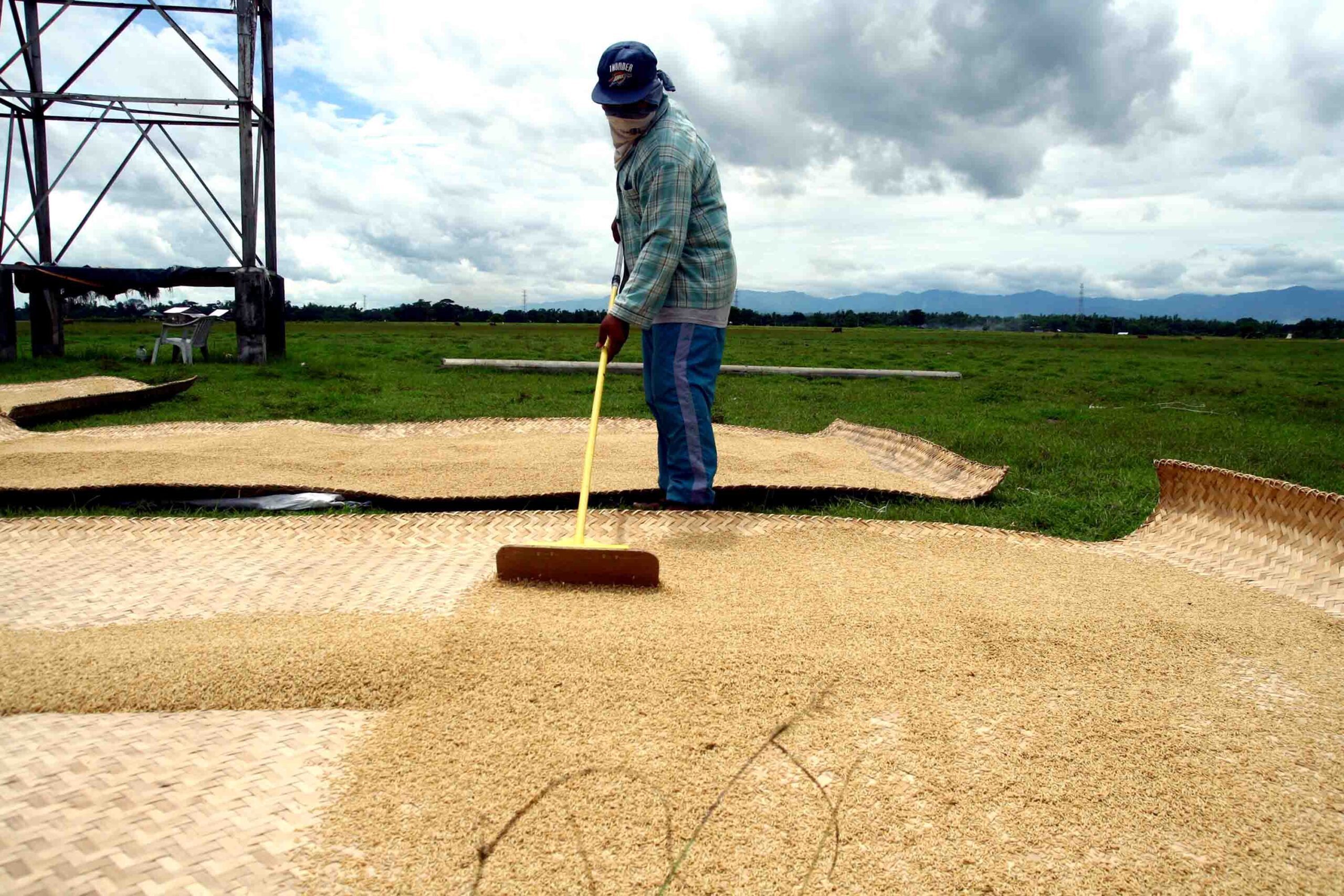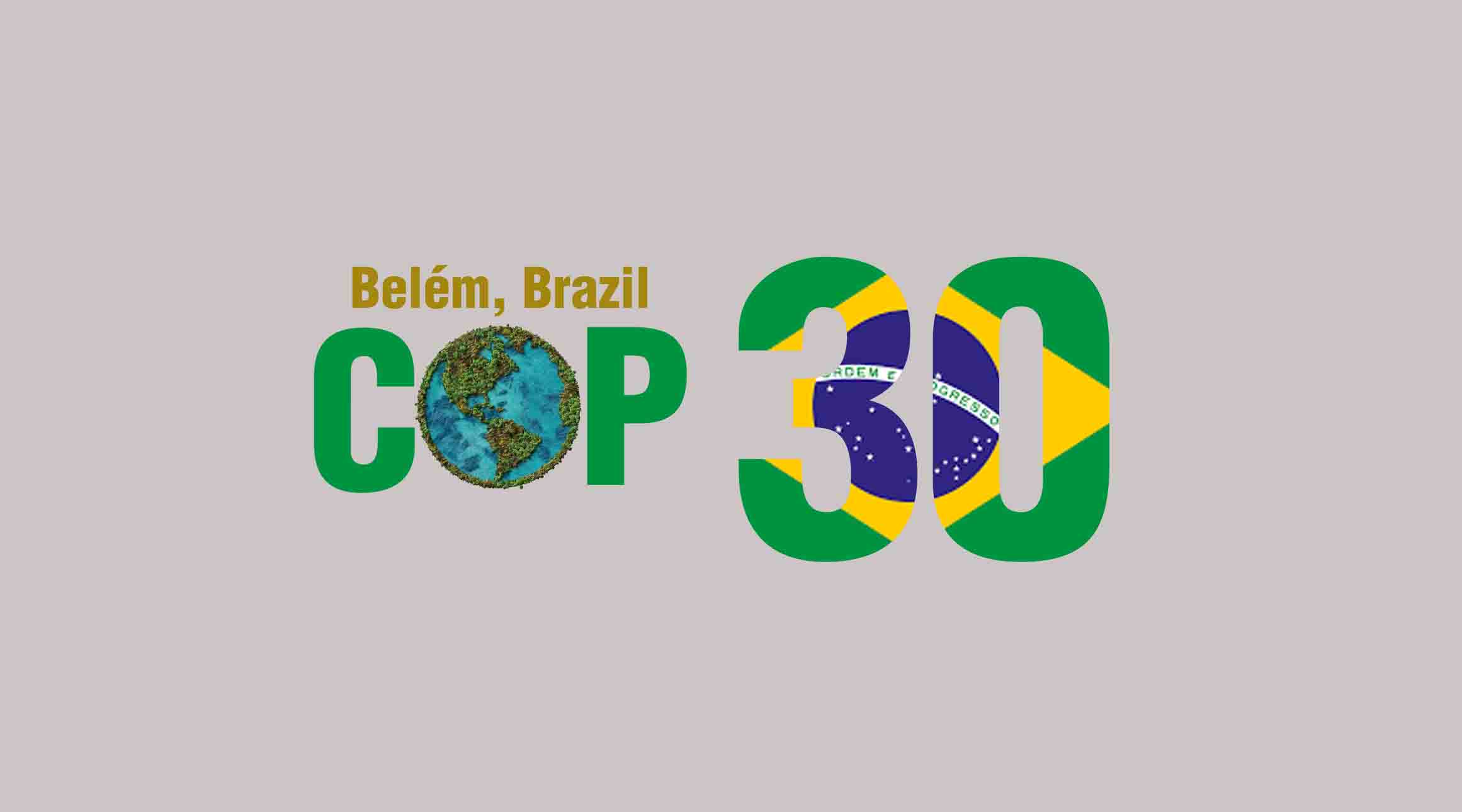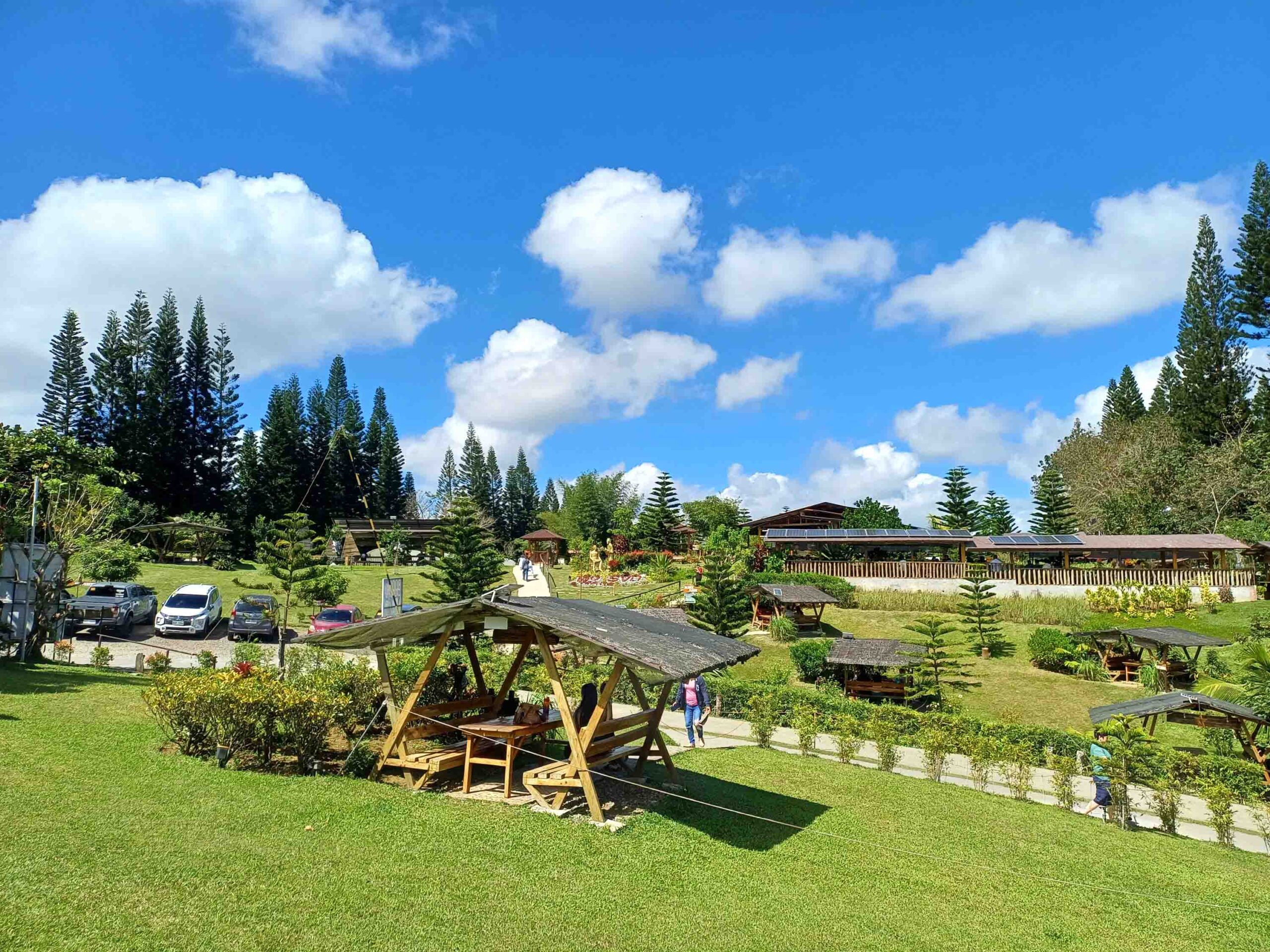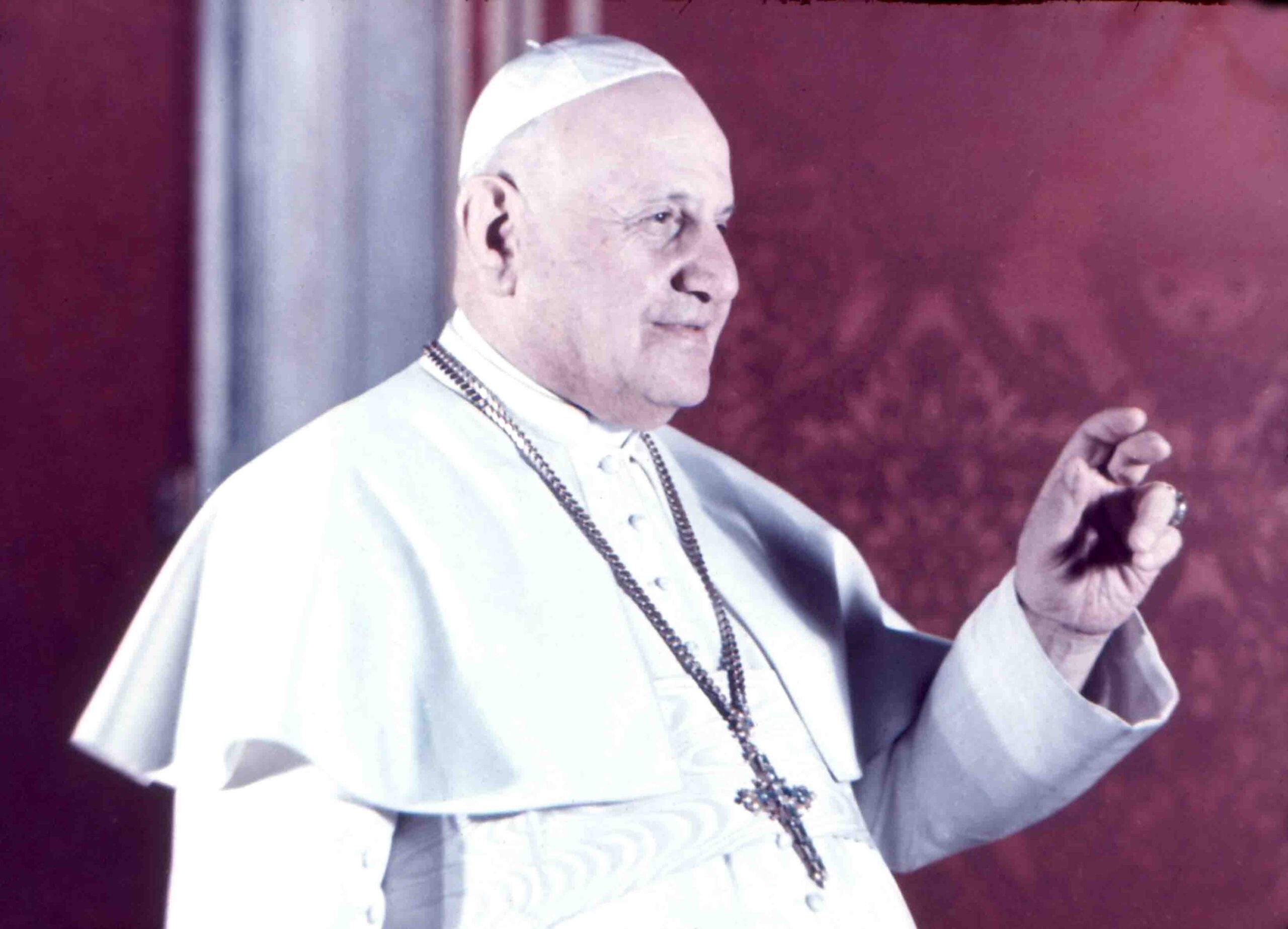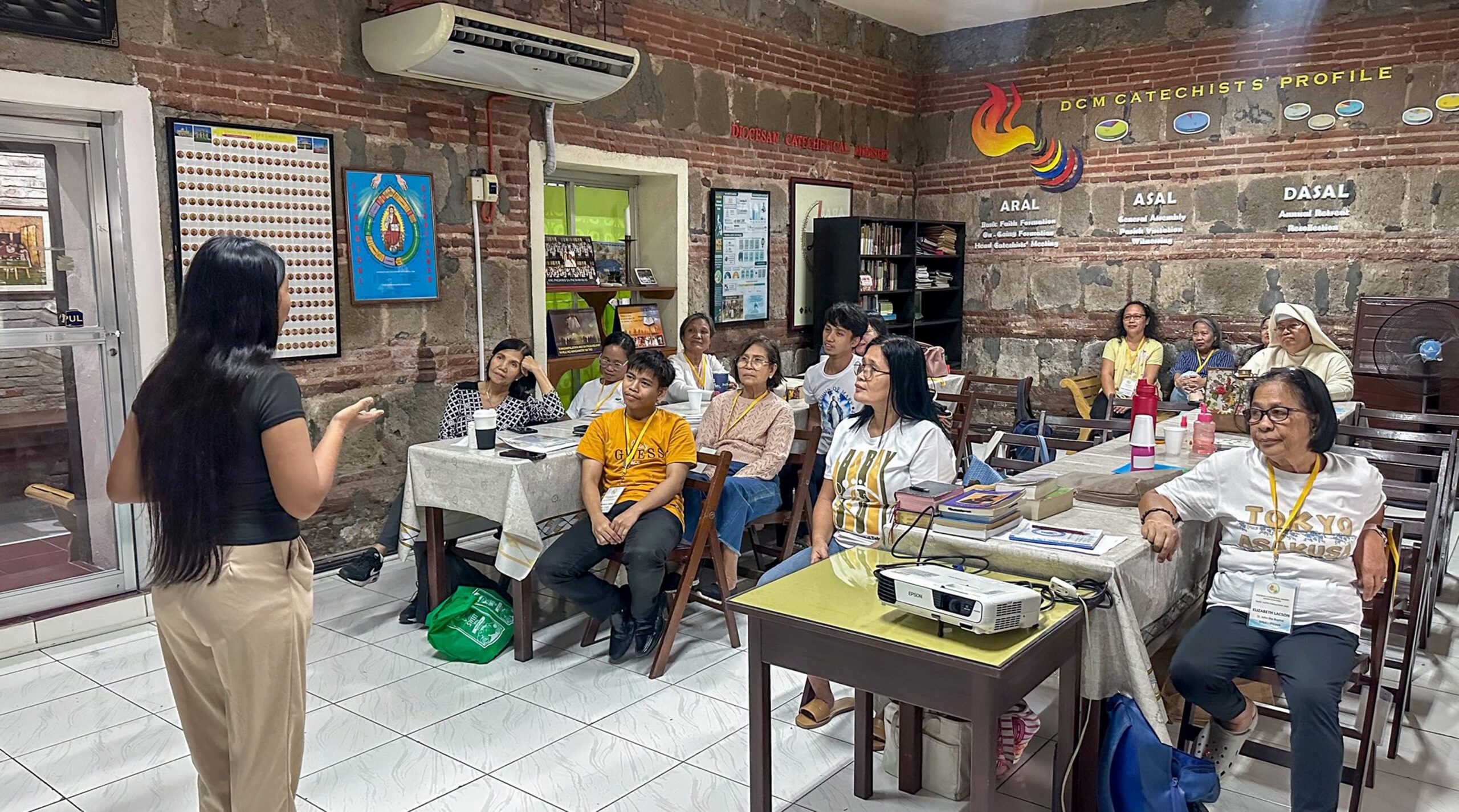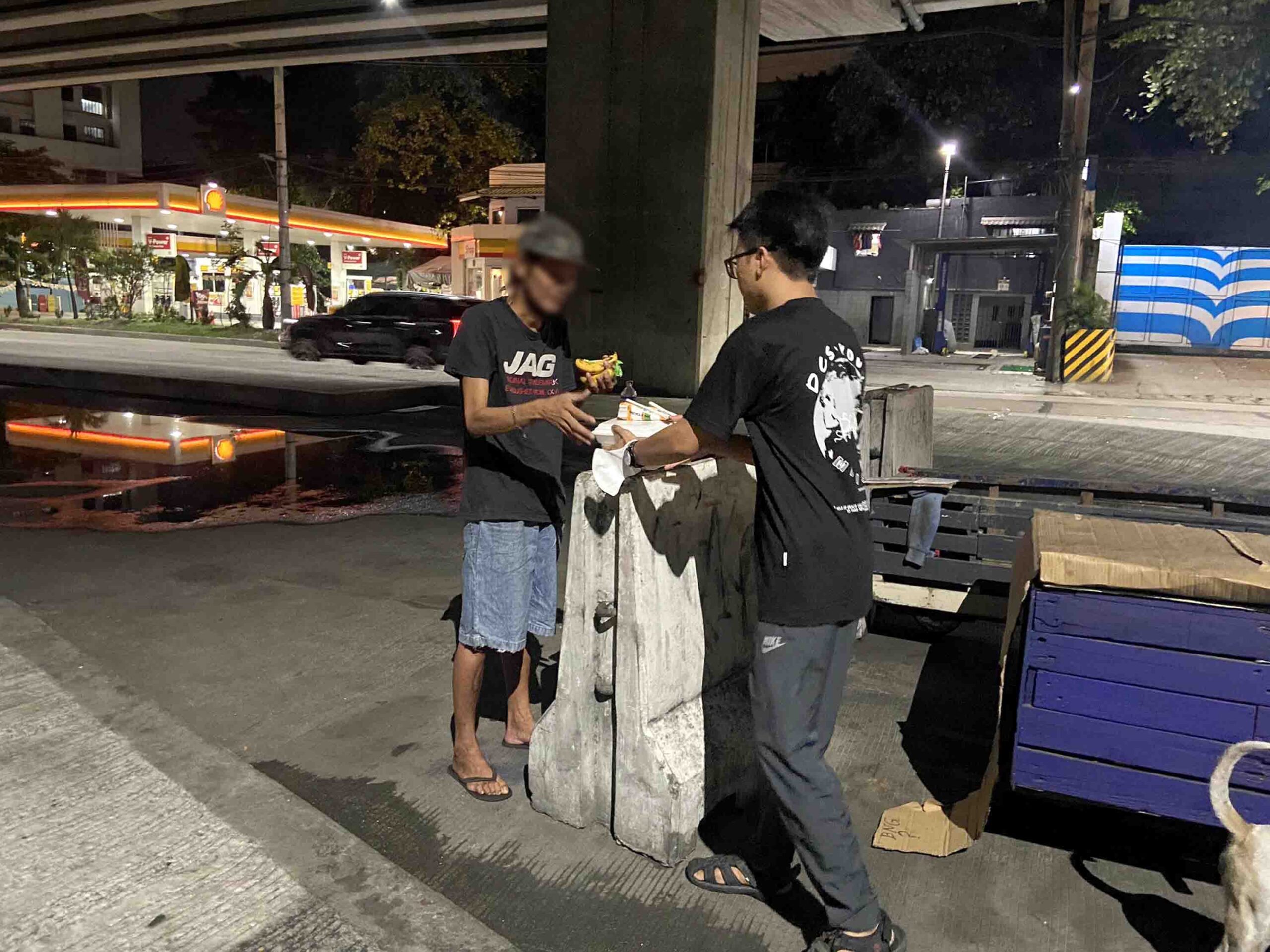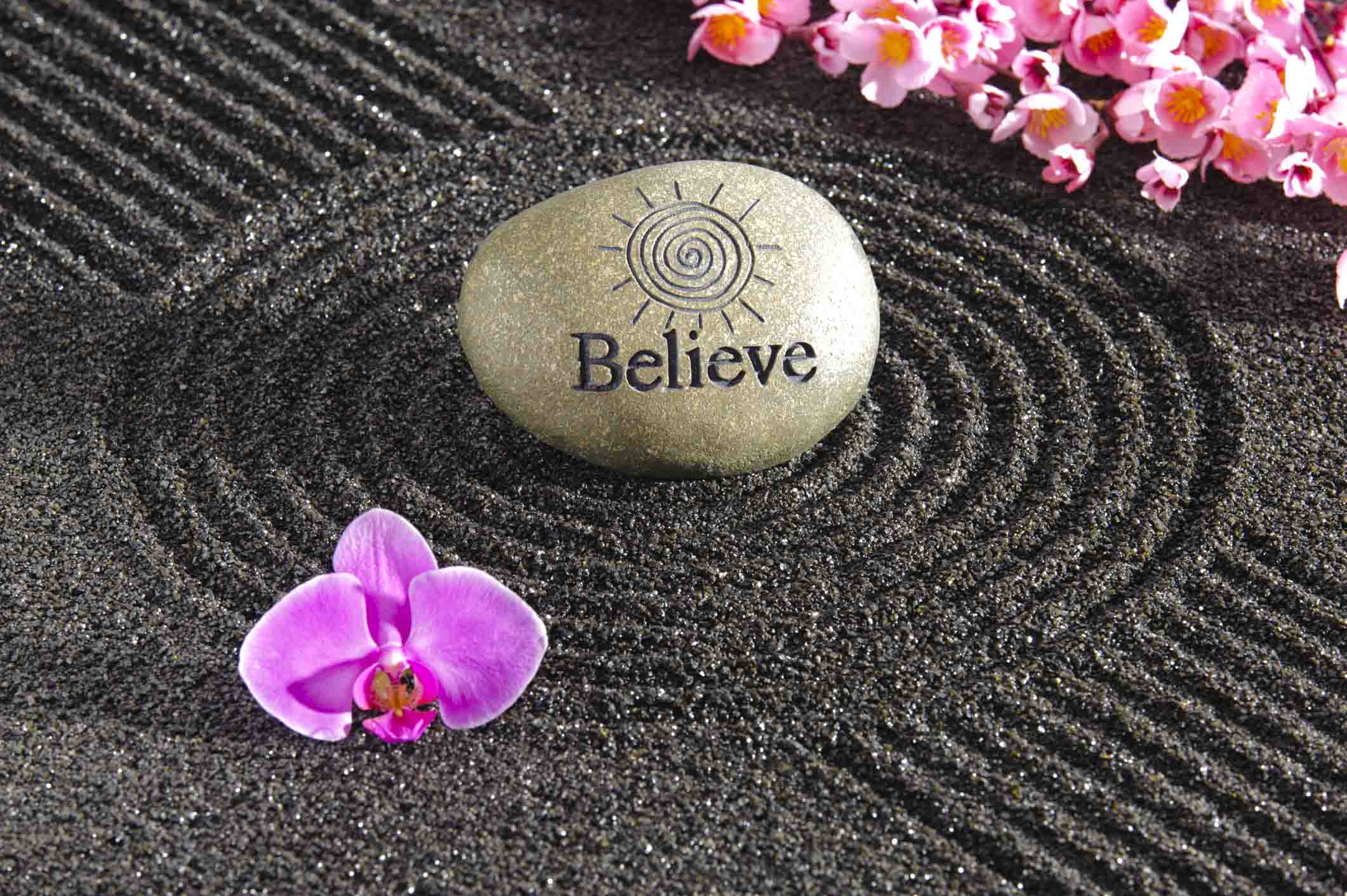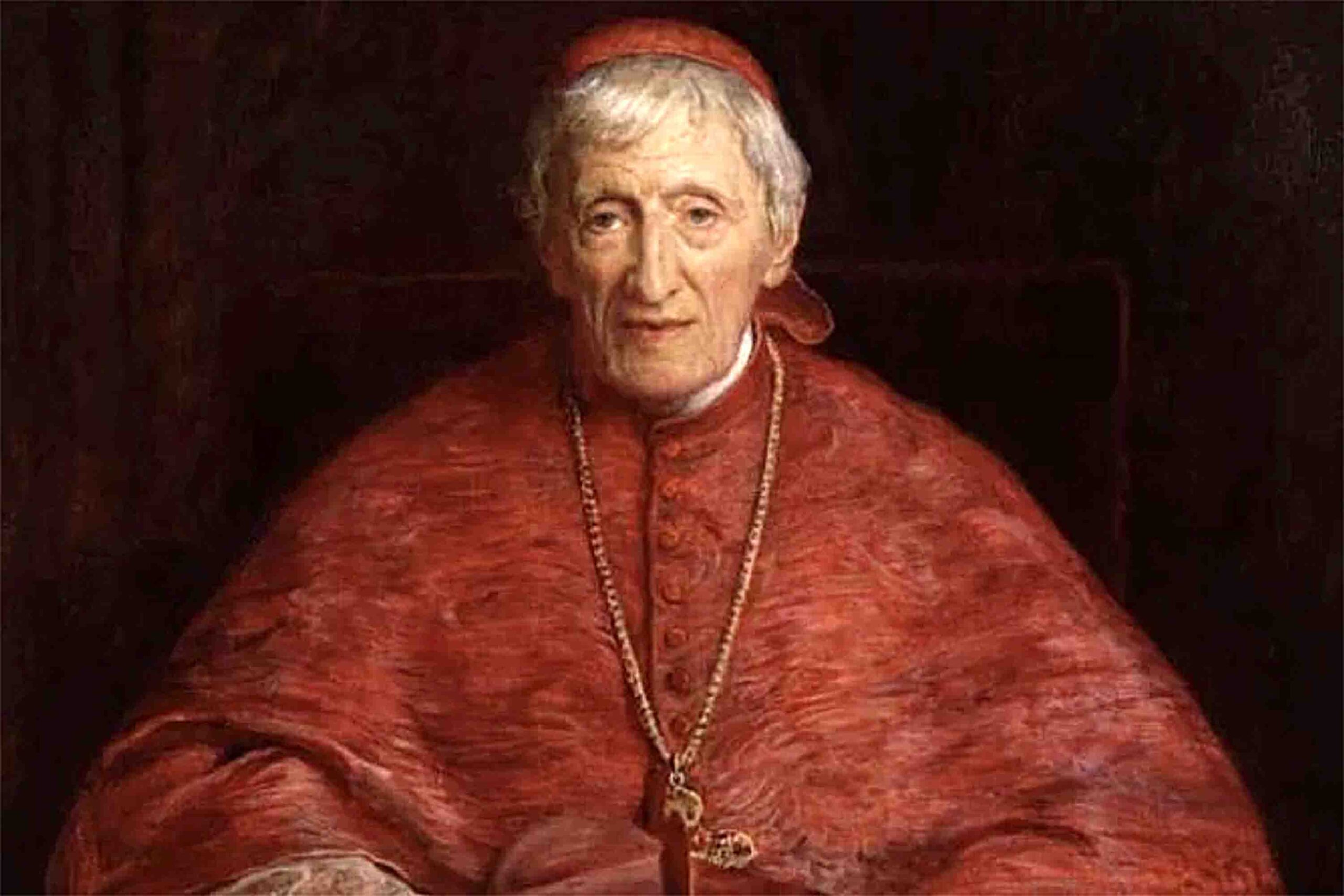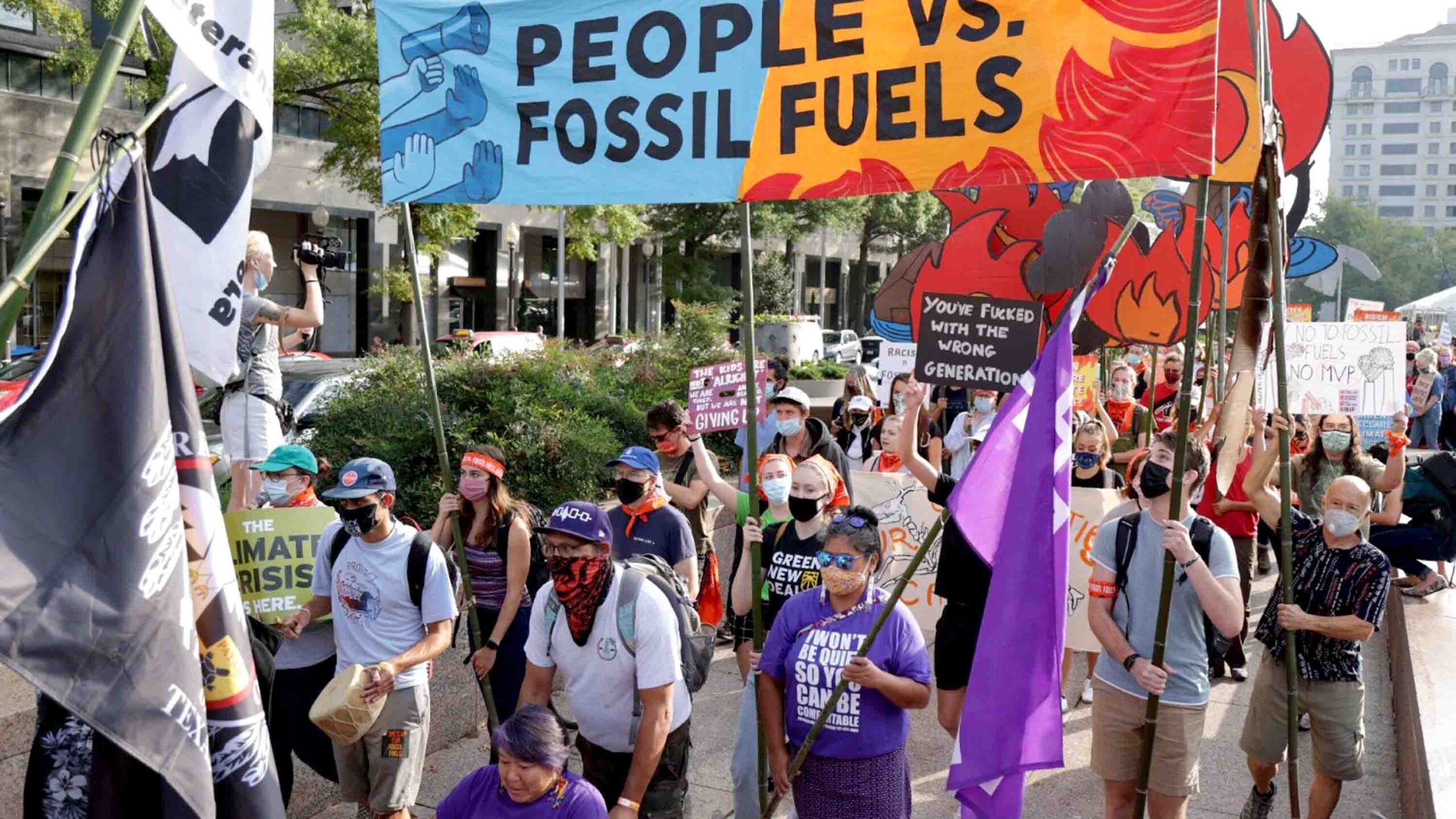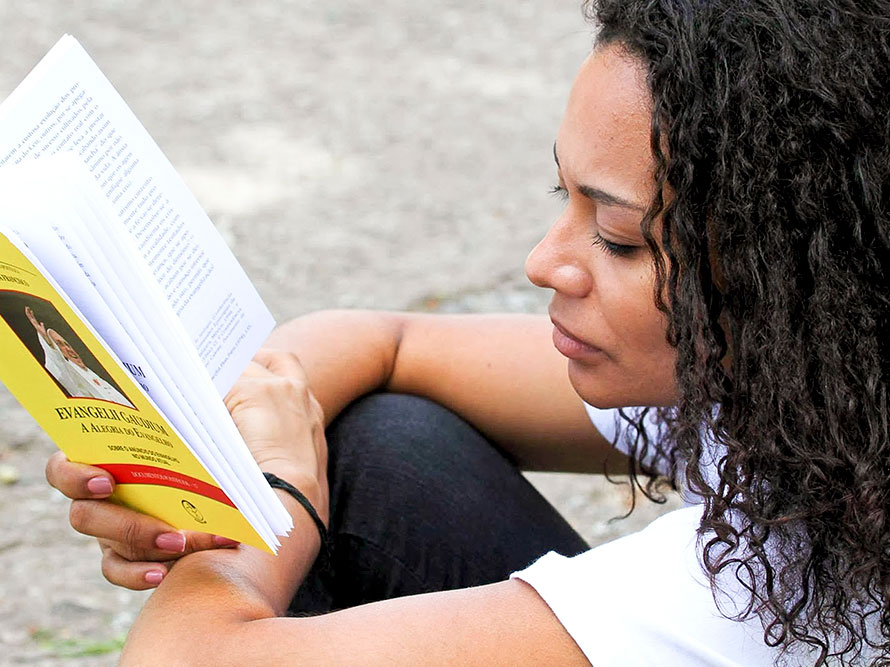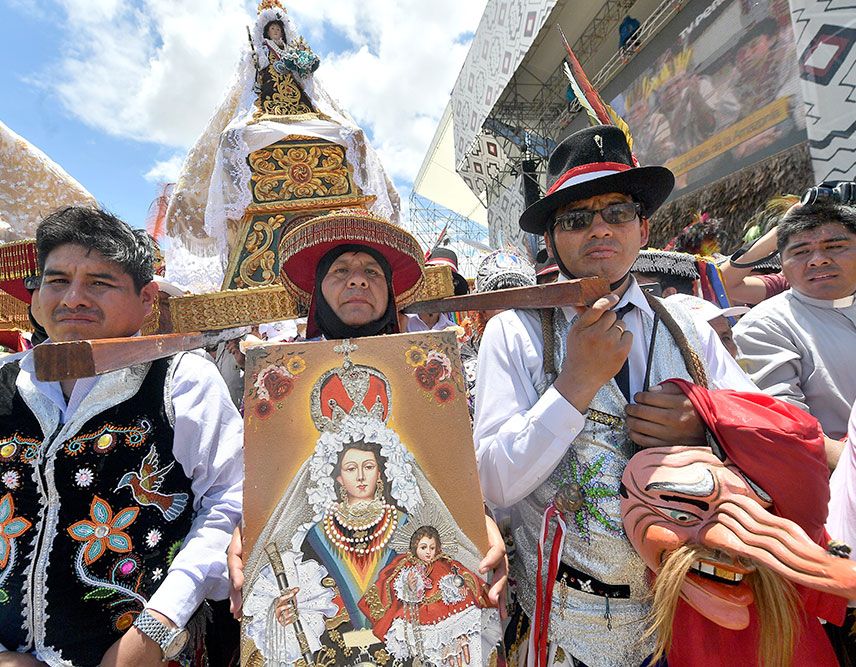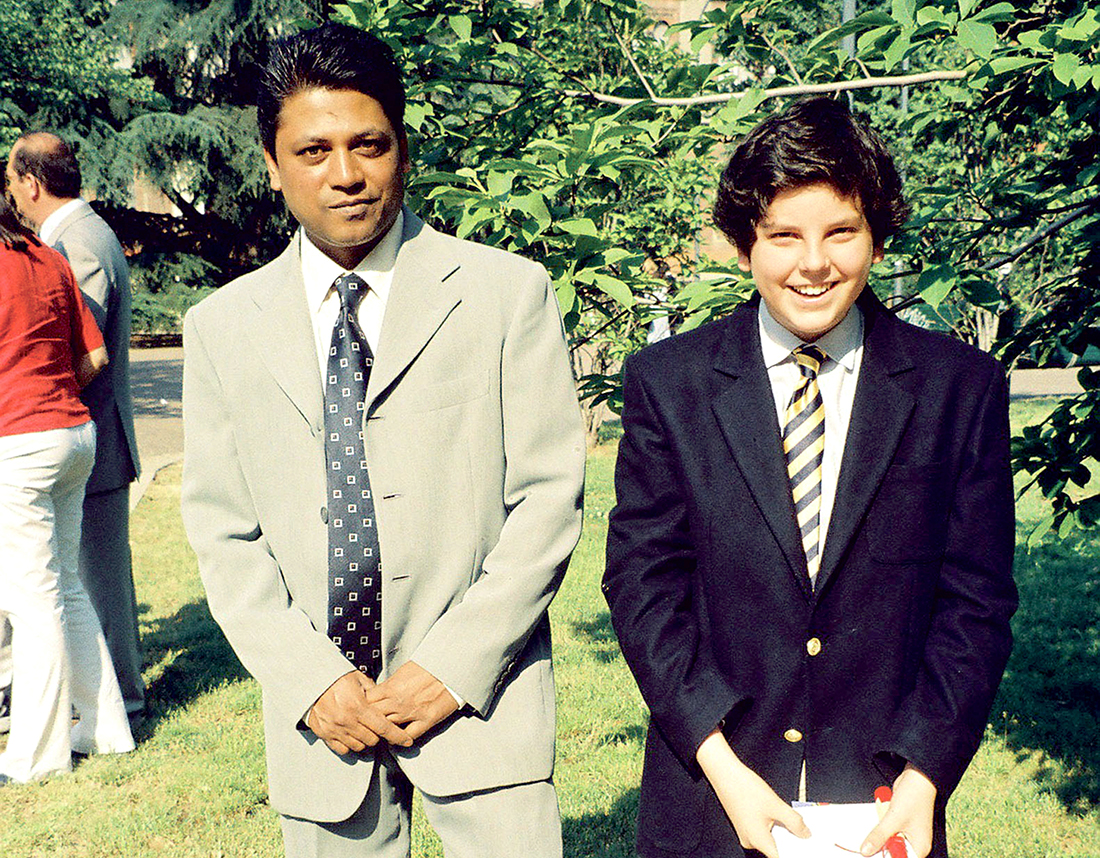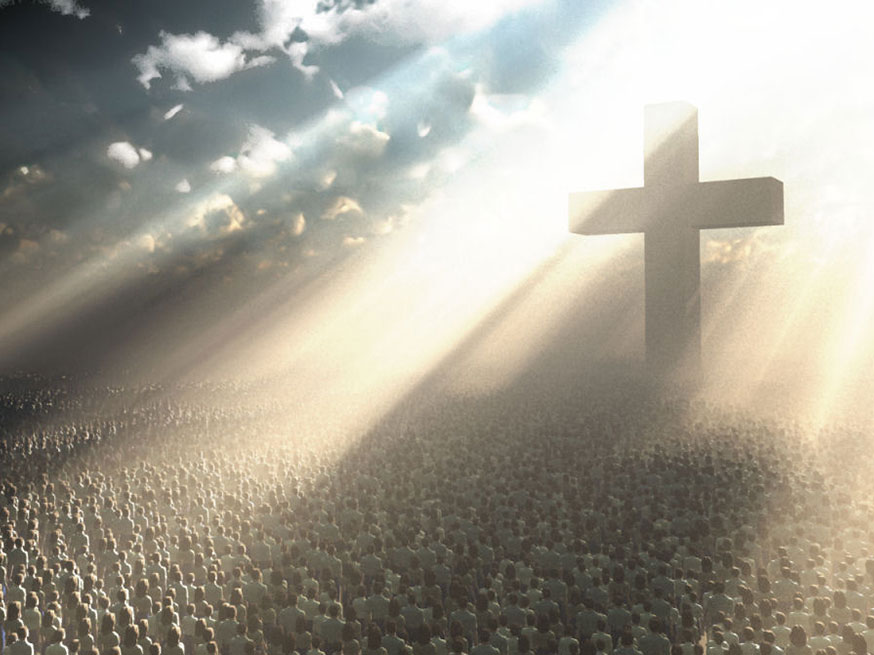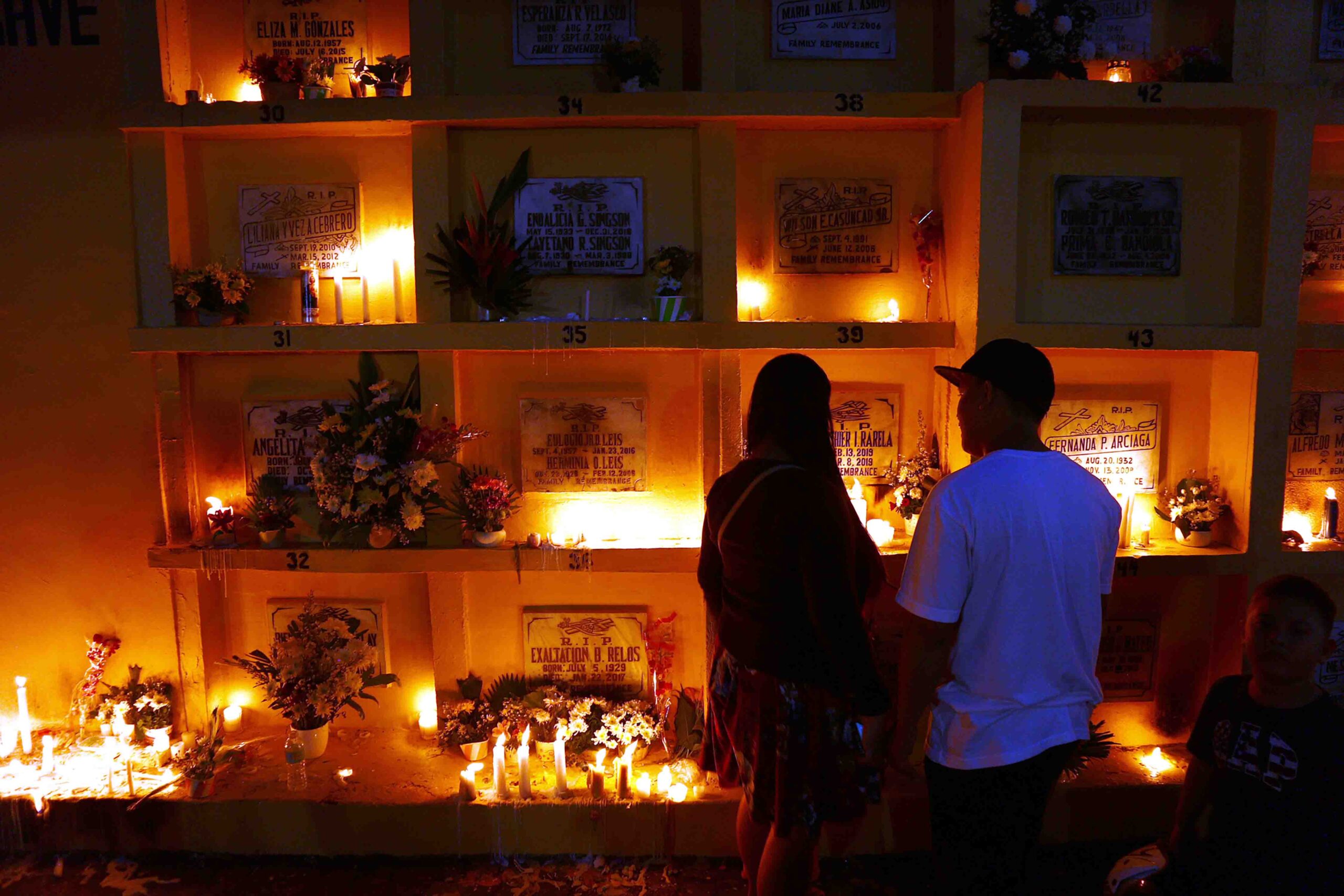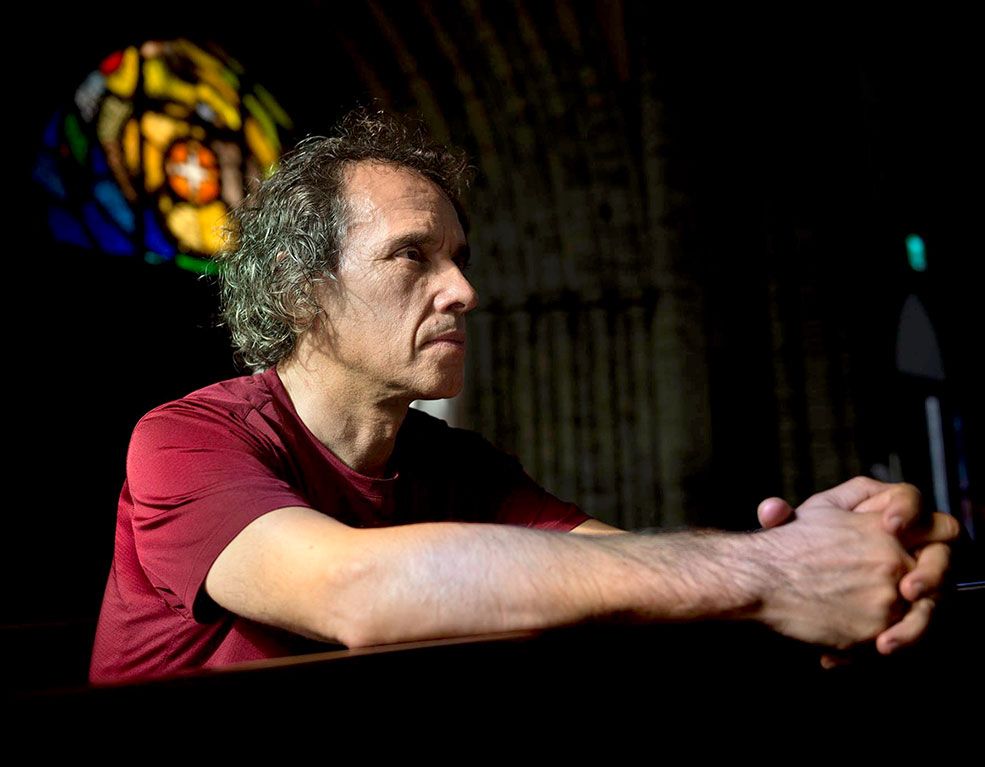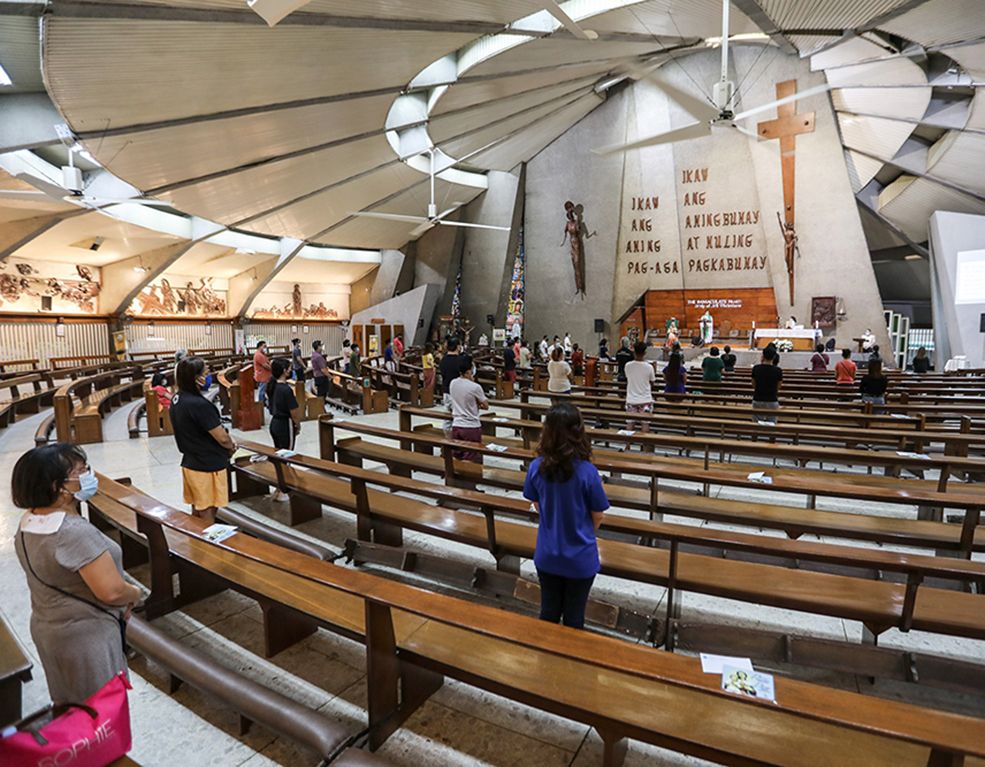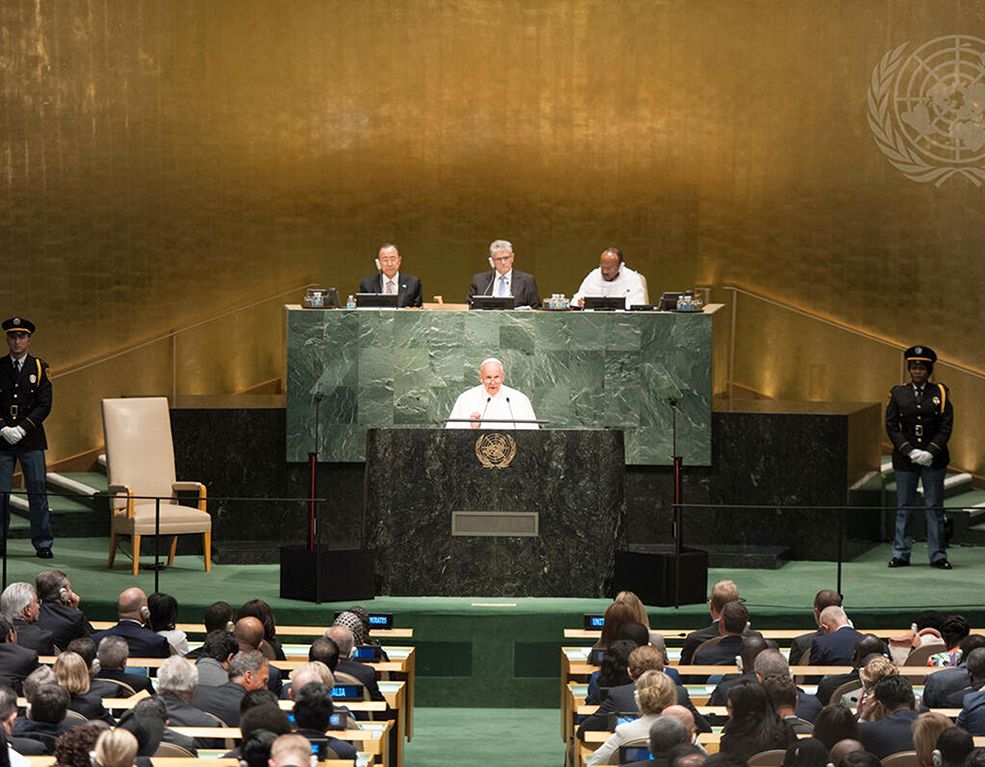Despite the novelty Laudato Si’ (LS) contains, it is not a document of rupture, but rather of continuity, with so many reflections and teachings already brought forward by the Church’s Social Doctrine, as well as addressed by other religious confessions.
It is above all because of the way it has been intentionally structured, as a spiritual journey in dialogue, that it reveals itself as a catalyst for inner processes, openness and movements that generate change. It is not a document of morals and good customs, in the style of a prescriptive manual.
It is a living document, addressed to all people of good will, which has the power to graft us into the greater history to which we belong, into the Earth that welcomes and sustains us, to generate the desire to take care of each other, recognizing and recovering the deep meaning of our lives.
LS appears as a prophetic voice, which denounces but does not prescribe technical solutions. It is not a green encyclical, since it recognizes the interconnected nature of the environmental, economic and social crises, and it is not a sacred text, a case study or a synthesis of good practices. It goes deeper, challenging every person and every society to reflect, and presents tools that can trigger processes of care and transformation.
Based on such a rich and profound document, we could adopt different approaches, dimensions and lines of analysis. We have chosen to point out four strains of meaning that we feel are structuring both the path we have already traveled and the future: ecological conversion, integral ecology and care, dialogue and joy, and hope.
ECOLOGICAL CONVERSION
The Encyclical recovers a term first used by Pope John Paul II-ecological conversion. Since conversion is a continuous process throughout the life of believers, marked by a transformation of the heart more and more in line with the heart of Jesus, ecological conversion is nothing more than “allowing all the consequences of the encounter with Jesus to emerge in our relations with the world around us” (LS, 217) through “a profound interior conversion.” A conversion which, while first and foremost individual, is necessarily also a community conversion (LS, 219), as well as a conversion that the Church herself needs to make by taking concrete steps in our communities, movements, parishes and dioceses.
Many women and men have been touched by the Holy Spirit on this journey of ecological conversion, and there have been various manifestations of community conversion, which generates spaces and dynamics that open up new paths for joint action, as well as new expressions of an ecological spirituality.
Some examples on a global level are the creation of the Laudato Si’ Movement. In our dioceses, it would be important to have a diocesan team for integral ecology, as is the case with other topics. In our parishes, the creation of ecological conversion groups could make this Encyclical known, or take concrete steps to improve sustainability, as is proposed to all Catholic institutions in the initiative launched by the Vatican-the Laudato Si’ Platform for Action.
INTEGRAL ECOLOGY AND CARE
In the encyclical letter LS, Pope Francis introduces the concept of Integral Ecology. This term is inspired by a holistic and systemic approach, and goes beyond environmentalism by integrating environmental, social, political, economic, cultural and spiritual dimensions.
On this last dimension, Pope Francis recalls his predecessor, saying that “the outer deserts are multiplying in the world because the inner deserts have become so large” (LS, 217). Francis has thus elevated the issue of climate change and the need to care for the Earth to a level that is not merely political, environmental or economic, but a moral and ethical issue that must commit and mobilize us as humanity.
LS also invites us to become aware of the right motivations for this daily care, because “every change needs motivations and an educational path” (LS, 15). “It is not so much a question of proposing ideas, but above all of talking about the motivations that derive from spirituality to nurture a passion for caring for the world. Indeed, it is not possible to commit oneself to great things with doctrines alone, without a mysticism that animates us, without an inner drive that impels, motivates, encourages and gives meaning to personal and community action” (LS, 216).
DIALOGUE
In an increasingly polarized world (and Church), Pope Francis has presented dialogue as a major strategy and plan of action. The LS has revealed itself as a “wide table” around which everyone can sit, everyone can be heard and everyone can make proposals. It has generated and sustained countless processes of dialogue between the most diverse actors: religious leaders of various confessions, politicians, scientists and economic leaders, as well as at various levels-family, community, local, global.
The Pope’s appeal was “an urgent invitation to renew the dialog on how we are building the future of the planet. We need a debate that unites us all, because the environmental challenge we are experiencing and its human roots concern and impact all of us.”
The dialog proposed by LS is not rhetoric, nor is it a space for comfort, or for more empty words or promises. It’s a dialogue that pushes us into new spaces for confronting ideas, listening to experiences (near and far). It mobilizes science, opens up to a diversity of opinions, sensitivities and paths, without fear of occupying the public and political space.
A dialogue where the peripheries have a seat at the table and where those most impacted by climate change (those who have contributed the least to it) can have a voice and a part in decisions. Only in this way can we find, with creativity and justice, “great paths of dialog that will help us get out of the spiral of self-destruction in which we are sinking” (LS, 63).
It should also be noted that care of Creation has been a fertile ground for ecumenism and interreligious dialog. In fact, all the great religious traditions have an enormous shared heritage in recognizing a Creator God and a Common Home.
For example, the Orthodox Church was a pioneer in the Christian world in establishing September 1 as the Day of Prayer for the Care of Creation (joined by the Catholic Church in 2015) and there are various ecumenical initiatives in this area, including the Season of Creation. In 2024, the Islamic Community also launched a reference document-Al Mizan-with an Islamic perspective on environmental issues.
JOY AND HOPE
Over the last ten years, LS has opened up many paths of hope and continues to challenge us to be messengers of joy, hope and humanity with our lives. In it, Pope Francis reminds us that “hope invites us to recognize that there is always a way out, we can always change course, we can always do something to solve problems” (LS, 61) and also that the “world is something more than a problem to be solved; it is a joyful mystery that we contemplate in joy and praise” (LS, 12).
LS makes the cry of the poor and the cry of the earth louder, but almost paradoxically it also raises the hymn of praise and simple joy that St. Francis of Assisi is “an example par excellence of care for what is fragile and for an integral ecology, lived with joy and authenticity” (LS, 10).
In this way, and in the face of an ever-increasing urgency, in the face of alarming signs, the Encyclical ends with a demanding challenge that asks us for daily interior renewal: “Let us walk singing; may our struggles and our concern for this planet not take away from us the joy of hope” (LS, 244).
AN INSPIRED BURST FROM POPE FRANCIS
It is important to conclude it by stating that the promotion of an integral ecology and a culture of care are fundamental features of the rich legacy, deeply inspired by the Holy Spirit that his pontificate leaves us. But this legacy is not confined to the past. This living document, Laudato Si’, continues to propose a concrete path of inner conversion, anchored in a grateful outlook on life, applicable to any individual or community reality. This path of mutual recognition and effective collaboration generates a sense of belonging and communion that are catalysts for caring for our common home. And for this to happen, each and every one of us needs to embody it. Our steps along the way are necessary and Pope Francis himself tells us:
“And don’t think that these efforts are incapable of changing the world. These actions spread a good in society that always bears fruit beyond what can be seen; they bring about a good within this earth that always tends to spread, sometimes invisibly” (LS, 212). Published in Ponto SJ

